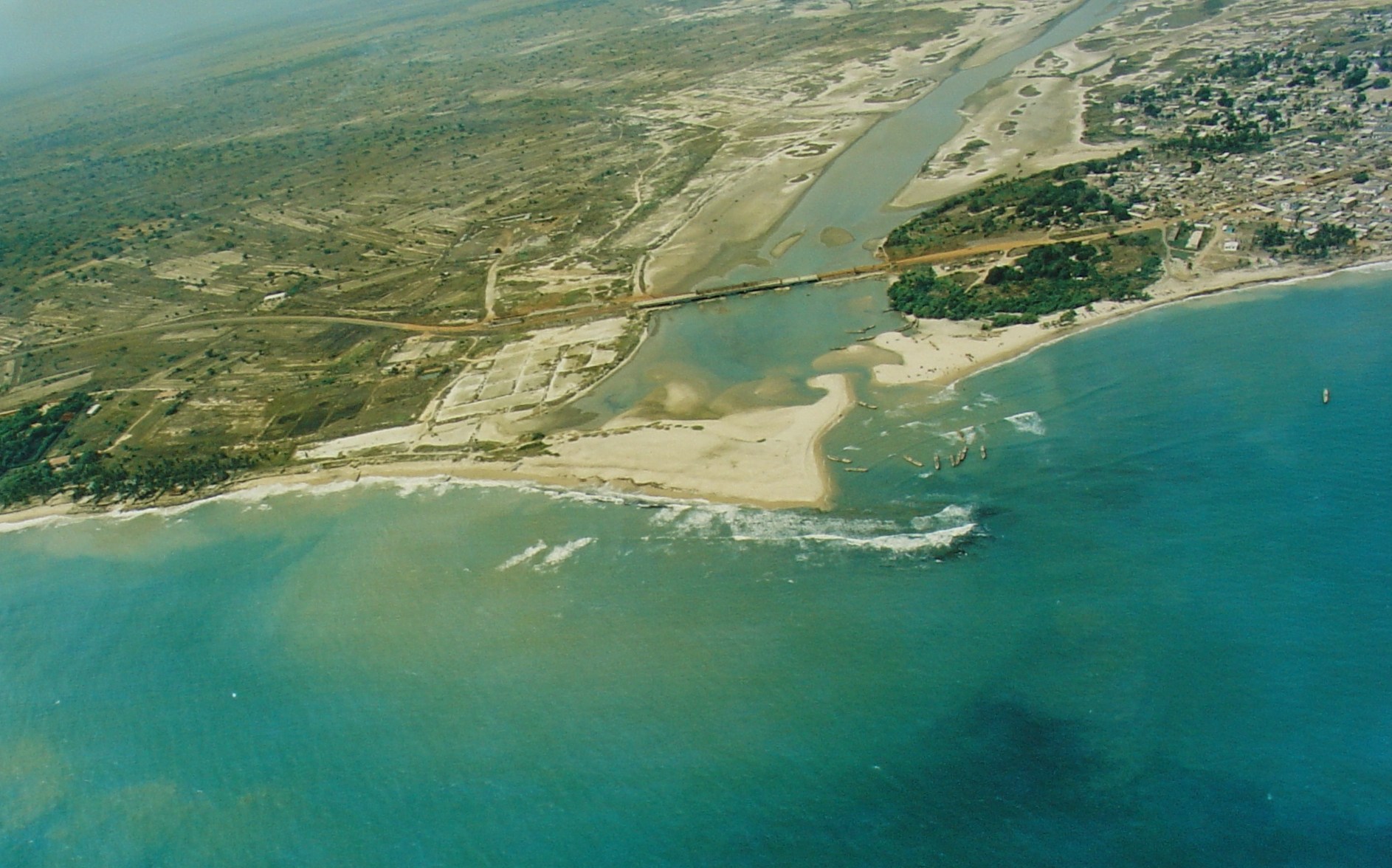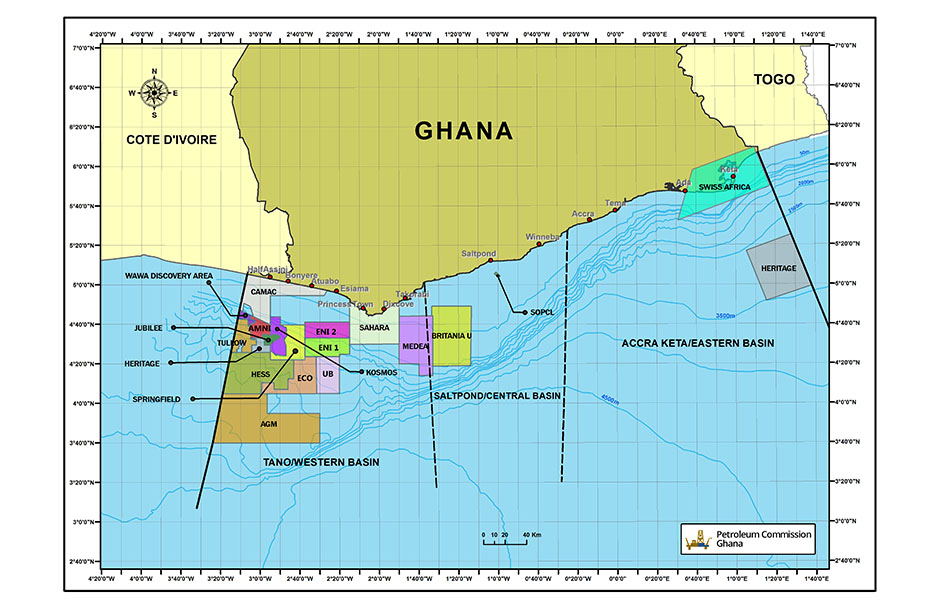`
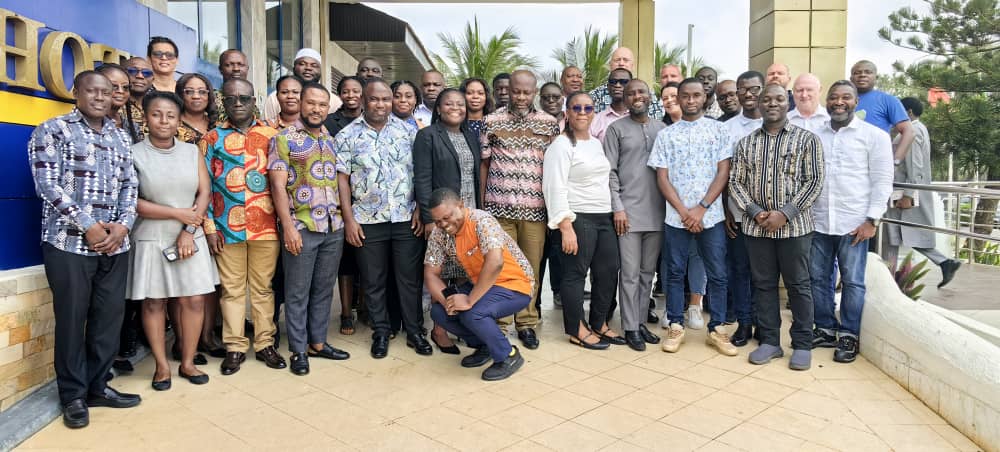
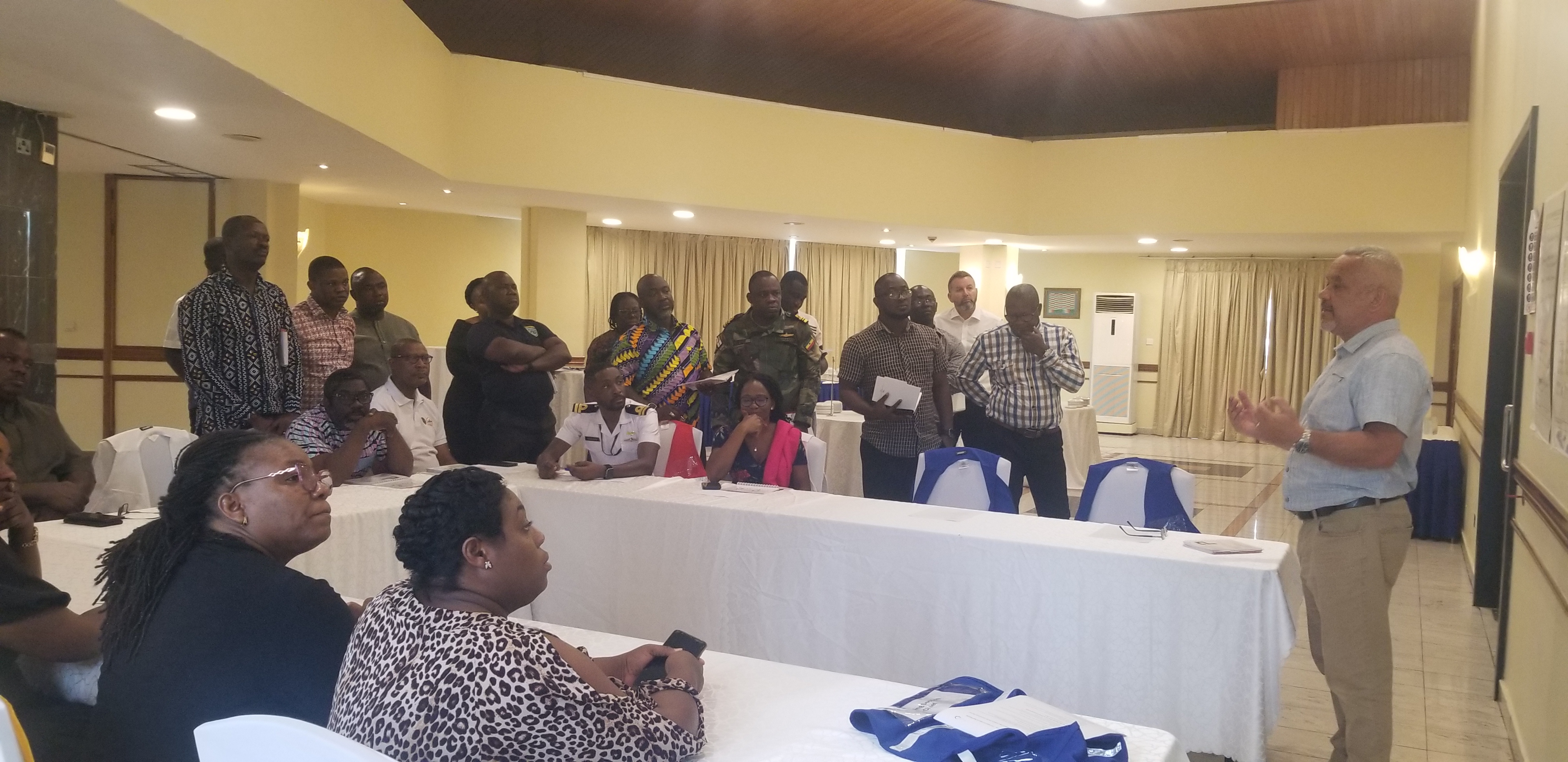
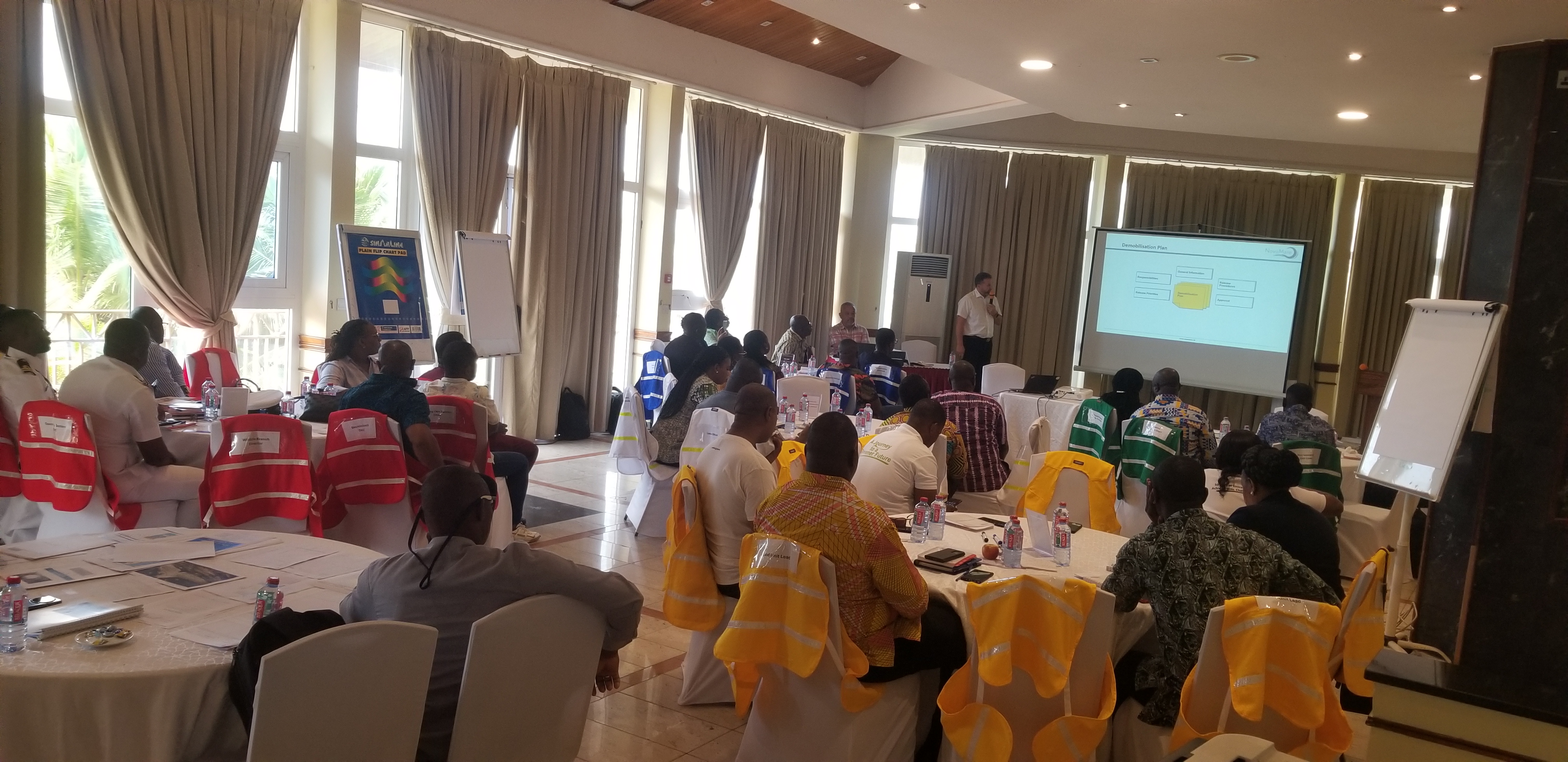
Shoreline Assessment and Response Training
Ghana as a signatory to the International Convention on Oil Pollution Preparedness Response and Corporation (OPRC) Convention, is obliged under the convention to undertake several activities and putting in place a number of measures to effectively manage an oil spill. In view of the above, the EPA is collaborating with the Norwegian Coastal Administration (NCA) under the Oil for Development (OfD) Programme to strengthen the National Oil Spill coordination mechanism. Shoreline Assessment and Response Training to build the capacity of regulators and other key institutions to respond to incidents of oil spill in Ghana
Pecan Deep Water Tano/Cape Three Point Phase 1 Development Project
The main purpose of this Non-Technical Summary (NTS) is to facilitate communication and public involvement, as public participation is a pillar of modern approaches to impact assessment, in a fully transparent perspective. The NTS presents, in non-technical language, the findings of a detailed Environmental, Social and Health Impact Assessment (ESHIA) undertaken in connection with the Deep Water Tano/Cape Three Points Pecan Field Development project in Ghana and is a tool that allows consultation of stakeholders and their participation into the EIA process. Moreover ESHIA disclosure is a requirement set by Ghanaian Environmental Protection Agency (EPA). The NTS provides an integrated overview of the Project to make stakeholders aware the of the project activities and their consequences on environment, socio-economic and health components

 Ag. CEO of the Petroleum Commission. Mr. Egbert Faibille has indicated resolve of the Commission to insist on the advertisement of procurement needs by IOCs. Mr. Faibille stressed that the outfit is worried as the development also leads to the awarding of contracts to favourites. “…But from April 1, anybody in the upstream sector who has any contract of a hundred thousand dollars and above to give up, will have to submit that contract to the Petroleum Commission at least two months before the award of the contract so that we will get to know what is involved and will alert all those companies that could put in bids to do so; the time for short term and knee-jerk approaches is over,” he said. This was at the maiden Local Content Procurement Conference held in Accra on Monday which sought to bring IOCs and indigenous companies to share their requirement to enable indigenous companies to bid and win contracts in the upstream petroleum industry. Mr Faibille advised local Ghanaian companies to partner each other and team up, as well as seek partnership from well recognized international companies that have long term experiences and the technical competences so that they could win local bids and fully participate in the local industry.
Ag. CEO of the Petroleum Commission. Mr. Egbert Faibille has indicated resolve of the Commission to insist on the advertisement of procurement needs by IOCs. Mr. Faibille stressed that the outfit is worried as the development also leads to the awarding of contracts to favourites. “…But from April 1, anybody in the upstream sector who has any contract of a hundred thousand dollars and above to give up, will have to submit that contract to the Petroleum Commission at least two months before the award of the contract so that we will get to know what is involved and will alert all those companies that could put in bids to do so; the time for short term and knee-jerk approaches is over,” he said. This was at the maiden Local Content Procurement Conference held in Accra on Monday which sought to bring IOCs and indigenous companies to share their requirement to enable indigenous companies to bid and win contracts in the upstream petroleum industry. Mr Faibille advised local Ghanaian companies to partner each other and team up, as well as seek partnership from well recognized international companies that have long term experiences and the technical competences so that they could win local bids and fully participate in the local industry.